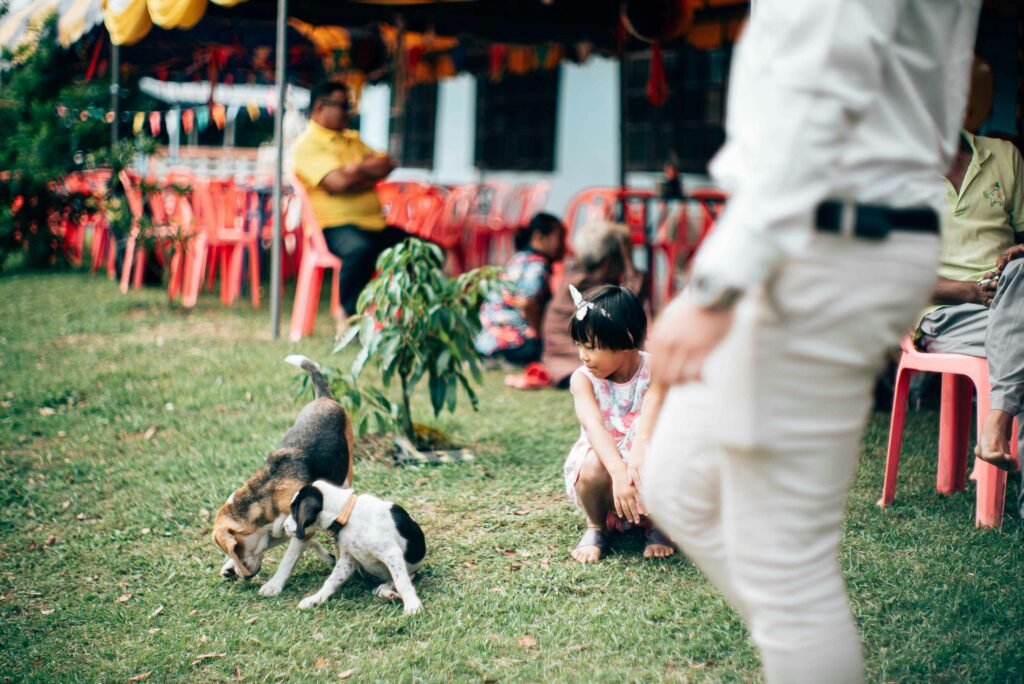Having an anxious dog can sometimes make it challenging to entertain guests. However, with the right approach, you can create a comfortable and welcoming atmosphere for everyone. Here are some tips to help your dog feel at ease and ensure a positive experience for your visitors:
Understanding Your Dog’s Anxiety
- Identify Triggers: Pay attention to your dog’s behavior and identify any specific triggers that might be causing their anxiety. It could be loud noises, unfamiliar people, or certain situations.
- Consult a Veterinarian: If you’re unsure about the underlying causes of your dog’s anxiety, consult with a veterinarian. They can rule out any medical conditions and provide guidance on behavior modification techniques.
Creating a Calm Environment
- Safe Space: Designate a quiet, private area where your dog can retreat to when feeling overwhelmed. This could be a crate, a designated room, or a cozy bed in a corner.
- Familiar Surroundings: Keep your home’s environment as familiar as possible. Avoid rearranging furniture or introducing new objects shortly before guests arrive.
- Gentle Music: Play soft music to create a calming atmosphere and mask any loud noises.
- Distraction: Offer your dog a favorite toy or chew bone to keep them occupied and distracted.
Introducing Your Dog to Guests
- Gradual Introduction: Start by introducing your dog to guests in a neutral area, such as the backyard or a hallway. Allow your dog to approach the guests at their own pace.
- Positive Reinforcement: Reward your dog for calm behavior around guests with treats and praise. This will help them associate positive experiences with visitors.
- Supervision: Always supervise your dog’s interactions with guests, especially if they are prone to anxiety or aggression.
Alternatives to Tying Your Dog
- Leash and Supervision: Keep your dog on a leash and under your direct supervision when guests are present. This allows you to intervene if needed and ensure their safety.
- Secure Room: If your dog is particularly anxious, temporarily confine them to a secure room where they can feel safe and relaxed.
- Training and Socialization: Regular training and socialization can help your dog become more comfortable around strangers. Consider enrolling them in obedience classes or seeking professional training assistance.
Remember, patience and understanding are key when dealing with an anxious dog. By creating a calm environment, providing positive reinforcement, and avoiding harmful practices like tying, you can help your dog feel more at ease and ensure a pleasant experience for both your canine companion and your guests.

